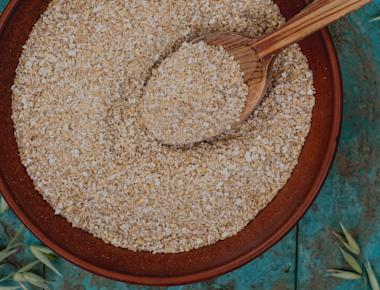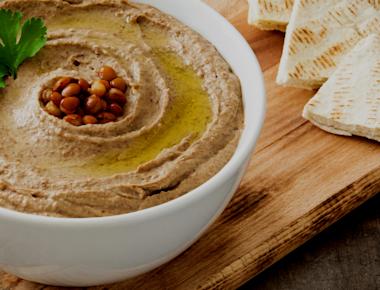

Table Of Contents
What is Gestational Diabetes?
One type of diabetes is gestational diabetes, characterized by glucose intolerance with variable severity, which first begins or is diagnosed during pregnancy. It is the most common health complication in pregnancy, and it has many side effects for the mother and the fetus. These include polyhydramnios (too much amniotic fluid), various infections, gestational hypertension (high blood pressure), a possibility of having type 2 diabetes later, diabetic ketoacidosis, and an increased rate of cesarean section. Babies born to mothers with gestational diabetes may also be at risk for low birth weight, shoulder dystocia (when the baby’s shoulder gets stuck during delivery), respiratory distress syndrome, and jaundice. While these complications can be serious, they can usually be treated if they are caught early.
Different Diabetes Treatments
There are many different treatments for diabetes, including lifestyle changes, exercise, nutrition, oral medications, and insulin. Before discovering insulin and conventional drugs, people with diabetes were treated with herbs and traditional medicines, some of which have shown beneficial effects in lowering blood sugar. According to the Food and Drugs Administration, there are currently more than 29,000 herbal remedies, vitamins, or dietary supplements available for people with diabetes.
The Health Benefits of Oats
Oats are a type of grass that is commonly found in fields. They have small, barley-like florets inside of two pointed glumes. Beta-glucan is a soluble fiber found in oats and other grains. It has been shown to have some health benefits, like reducing insulin resistance, dyslipidemia, hypertension, and obesity. The effect of dietary fiber on our bodies depends on its ability to ferment in the large intestine. This ability is influenced by the properties of the fiber, including its solubility.
There have been a few studies that suggest oat bran may help to regulate blood sugar, lower fasting cholesterol and blood pressure levels than barley and wheat bread. Therefore, oat bran could be a helpful addition to the diet of people with type 2 diabetes or hypertension.
The number of pregnant women with gestational diabetes and its complications is rising. Some medications used to treat this condition have side effects, and some pregnant women refuse to use insulin. Even with all of these challenges, oats have been shown to help control blood sugar in non-pregnant people. However, research on the effect of oat bran on gestational diabetes has yet to be done.
Therefore, the researchers in this clinical trial sought to find out the effect of oat bran consumption on gestational diabetes.
The Study Method on Oat Bran Consumption for Gestational Diabetes
This study was performed on 104 women with gestational diabetes treated with diet.
Before the treatment, blood samples were taken to determine fasting blood sugar level and a separate test for blood sugar level one and two hours after administration of 75 grams of oral glucose and two-hour postprandial (after meal).
Participants were randomly divided into two groups. Participants in both groups were supplied with a diet for gestational diabetes. In addition to the diet, 51 in the intervention group consumed 30 grams of oat bran at lunch and dinner, daily for four weeks. Tests of fasting blood glucose and two-hour postprandial glucose were taken from both groups two and four weeks from the start of the intervention.
The Results
At two and four weeks after the intervention, fasting blood glucose and two-hour postprandial glucose levels decreased significantly in the treatment group compared with the control group.
The Conclusion
Inclusion of oat bran in the standard diet for pregnant women with gestational diabetes safely reduced fasting blood glucose and two-hour postprandial glucose levels.
Reference
The Effect of Oat Bran Consumption on Gestational Diabetes: A Randomized Controlled Clinical Trial
Health Enthusiast
Expertise
Subscribe to our newsletter!
Quick Links
Legal Stuff








